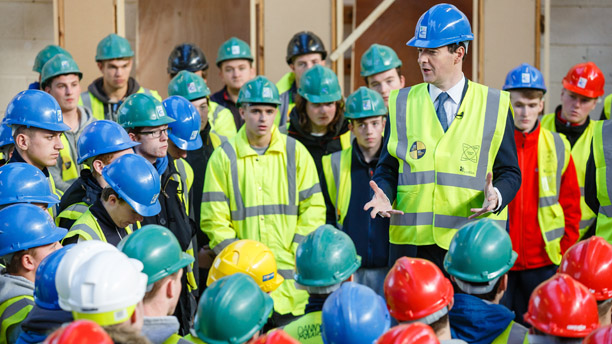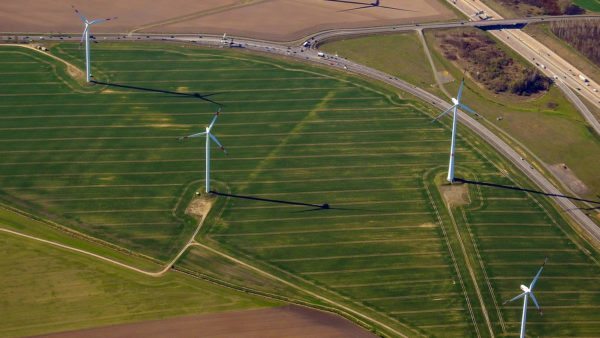With immigration a hot topic in the UK in the run-up to a general election in May, a new report has concluded that sealing borders would seriously damage the country’s construction industry.
But at the same time it calls on the industry to stop shirking its duty to train young British people.
The industry simply does not train its own people in sufficient numbers– The CIOB
The study by the Chartered Institute of Building (CIOB) concludes that the industry is best served by the free movement of labour, from which it has benefitted for many years. But it also makes the case that government should pursue policies that help the industry invest more in training and retaining UK nationals, which it says will moderate the inflow of overseas construction workers.
"Globally, construction has always relied on migration to fill in gaps in the labour market – simply cutting off the supply of migrant workers risks seriously damaging the UK’s economic prospects both at home and abroad," said Chris Blythe, chief executive of the CIOB.
"But of more importance is the need to address the fact that the industry simply does not train its own people in sufficient numbers. There can be no excuses for construction not to provide more training opportunities for young UK nationals."Â
What makes sense?
The report sets out four policy options the next government could follow, arguing that:
- The "do nothing" option could promote reliance on migrant labour and harm the industry’s long-term resilience;
- Tightening controls on non-EU migration would risk limiting access to the world’s best talent, and be detrimental to the UK’s reputation in export markets, while at the same time possibly prompting an increase in inward migration from the EU;
- Attempting to restrict EU migration would prove very difficult to negotiate within the EU, and gaining control of our borders would probably only be possible via "Brexit"; andÂ
- Policies that strengthen the UK’s home-grown construction talent, for instance by reducing the outflow of workers in their 50s and creating opportunities for the NEET generation, make more sense.
The report examines census data from the government’s Labour Force Survey to estimate that at least 10% of individuals employed in UK construction were born overseas – with additional migrant workers likely to have been drawn in by the recent upturn.

UK Chancellor George Osborne visits Carillion Plc in December 2014. Carillion plans to create 5,000 apprenticeships in five years (Carillion)
The figures are roughly comparable with the workforce as a whole, with ONS Labour Market Statistics showing that the share of non-UK nationals in the workforce increased from 4.1% in 1998 to 9.8% in 2013.Â
Addicted to foreign labour?
The report describes how UK construction has historically been dependent on migrant labour, for instance the influx of Irish construction workers in the 1950s, and explains how the industry’s need for a highly mobile labour force creates labour supply issues not found in other industries.
Looking at the issue from employers’ point of view, it says: "There are costs in establishing links to sources of suitable migrants, but they will be significantly lower than training.
"Once arrangements between labour agents and firms are set up, they open a route to a steady if not accelerating flow of workers whose training costs fall lightly on the UK industry. This is a danger that needs watching. Construction plays a vital role in providing UK citizens, including those who may struggle with academic life, a route to a solid career.
"Analysis on Migration in the Construction Sector" – will be launched today in The House of Commons.










